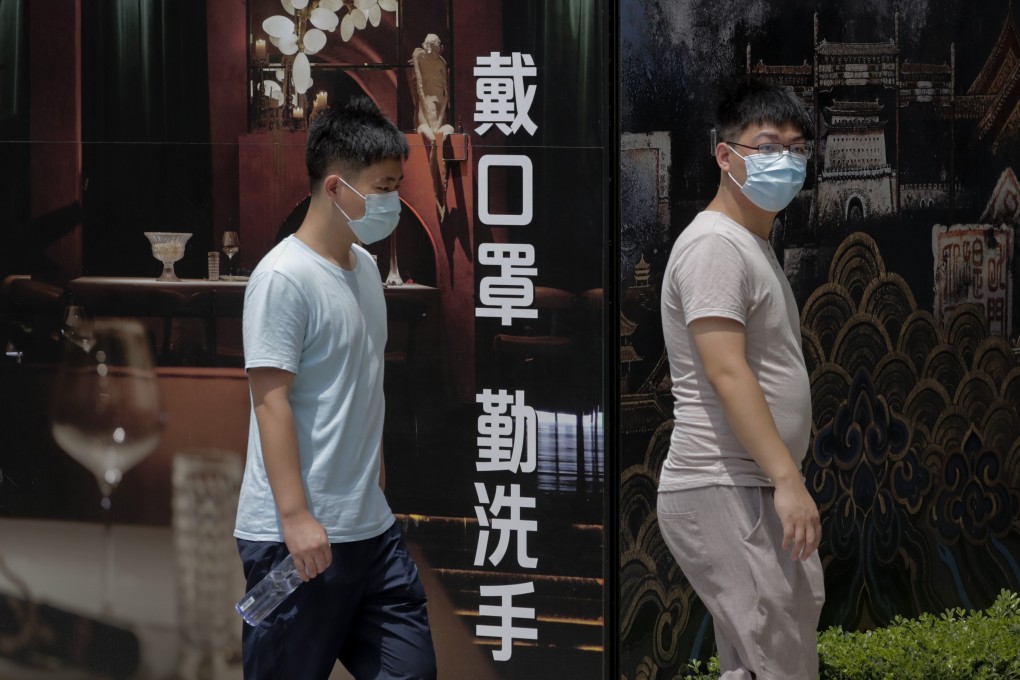Coronavirus: Lancet says scapegoating China for pandemic ‘not constructive’
- Journal acknowledges the country has been widely criticised over Covid-19, but says the world can learn from its disease control successes
- Editorial pushes back on national divisions, calling for ‘global solidarity’ and ‘open collaboration’

An editorial published on Friday for the journal’s latest edition acknowledged that China had been “widely criticised for its role and responsibilities during the pandemic because of censorship, transparency, and human rights concerns”, but said the rest of the world could still learn from its disease control successes.
“China is facing legitimate questions in many areas of its domestic and foreign policy, but when it comes to Covid-19, scapegoating China for the pandemic is not a constructive response,” the editorial read.

01:18
WHO chief slams Pompeo’s comment that WHO is 'co-opted' by China
China has been the target of a months-long campaign by US officials and lawmakers who have sought to pin blame on the country for the global spread of Covid-19, which was first identified in China late last year. The campaign has come amid a downward spiral in relations between the two countries.
“Make no mistake: we hold China fully responsible for concealing the virus and unleashing it upon the world. They could’ve stopped it. They should’ve stopped it. It would’ve been very easy to do at the source when it happened,” US President Donald Trump said at a press briefing earlier this month, echoing his typical commentary on the pandemic.
The US president has also suggested that China pay reparations for the economic damage of the pandemic, which has ground economies to a halt across the world.
Criticisms have not only come from the US. There have been widespread international and domestic concerns over the silencing of a group of Chinese doctors who at the start of the outbreak tried to alert others in the medical community about a mysterious disease similar to the deadly severe acute respiratory syndrome that broke out in China nearly two decades ago.